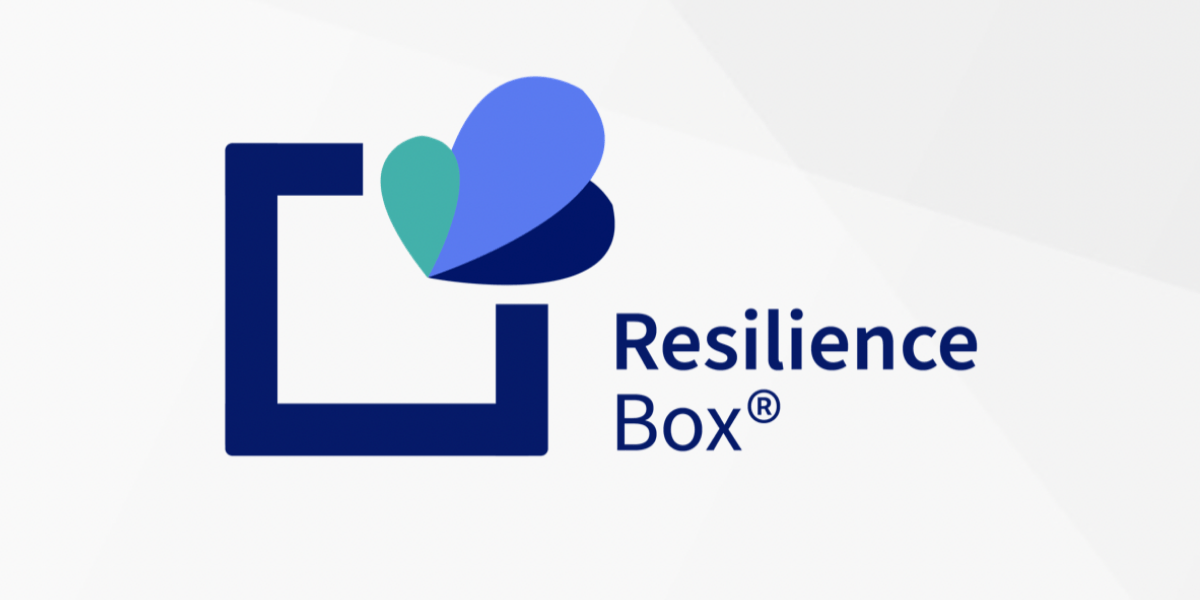1:30min
By Stephanie Lee from Centre of Corporate Health
December is a busy time for optometrists both in work and their personal lives. Add a pandemic into the mix and there are a lot of competing priorities to balance!
As some Australian states emerge from lockdown, many optometrists are having to manage a surge of patients wanting to use their health funds before the end of the year. Coupled with festive celebrations, and potentially preparing for some well-deserved time off during the December period, it’s important to keep wellbeing front of mind during this time.
How to rebound at the end of the year
Here are some practical strategies for managing your energy levels and reducing fatigue as you enter into the final month of the year:
1. Identify energy-depleting behaviours
In order to re-charge at the end of your day, be mindful of energy-depleting behaviours throughout your day and the costs of these behaviours. By taking responsibility for changing these behaviours, you will shortly see your energy levels increase and be more sustained throughout your day. Energy-depleting behaviours may include working through your lunch break, late bedtime, or a high caffeine or alcohol intake.
By making small changes such as making sure you take a lunch break, and reducing your alcohol intake and limiting your coffee to one cup a day, you will be able to see a change in your energy levels, regardless of the circumstances you are facing.
2. Switching off rituals
Ensure each day that you engage in switching off rituals to help you with winding down. At the end of a working day, often we can feel too tired to engage in non-work activities, so brainstorm activities you enjoy and schedule them into your day to commit to them. Write down all of the non-work activities that you enjoy, that promote feelings of relaxation, control and mastery. It may be cooking, exercising, spending quality time with your children, going for a walk with your partner or even engaging in mindfulness practice. While these activities won’t remove the stress in our lives, they will help us wind down at the end of the day and encourage rest and relaxation.
3. Don’t attempt to multitask
Switching between tasks reduces your productivity time by around 40%. People who multitask also can’t remember things as well as those who focus on a single task at a time. Aim to be present when you are with patients, and schedule admin time either between patients or at the end of the day to help keep you on track and avoid a backlog of work.
4. Share the cognitive load
This may mean talking with your colleagues, partner, adults or children at home around what tasks can be shared and even delegated during this period, so that the cognitive load can be shared. By establishing some working guidelines about who has responsibilities for certain tasks, be it work, family administration or life administration, we are able to lessen our cognitive load.
5. Pace yourself
We have been unable to socialise face to face for an extended period of time now, so it can be easy to say “yes” to every single event that is now being planned. Although socialising is a great way to boost our mental health, too much socialising can lead to burn out and fatigue. This is particularly important as social skills require practice, and without this practice we may make some faux pas. As such, it is important that you take things slowly. Have a conversation about how you’re feeling with trusted friends or family. Whilst you may not be able to have these types of discussions with everyone in your social support network, it can be helpful to bring up worrying feelings with people you think will respond well. These people will likely understand where you are coming from and help you feel less pressured to attend all social events.
Many of us have been feeling increasingly exhausted as we reach the end of the year and are struggling to switch off, feeling overwhelmed by all of the competing priorities. When we identify the behaviours or activities which may be contributing to these feelings, we can engage in behaviours which will assist in managing our energy levels. Engage in activities which promote feelings of rest and relaxation at the end of your day, to give your brain a chance to switch off.
All members have individual and anonymous access to The Resilience Box app and desktop platform where you can access content to help you strengthen your wellbeing.
